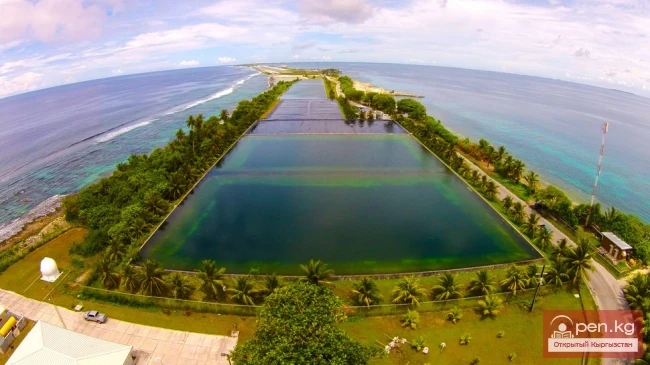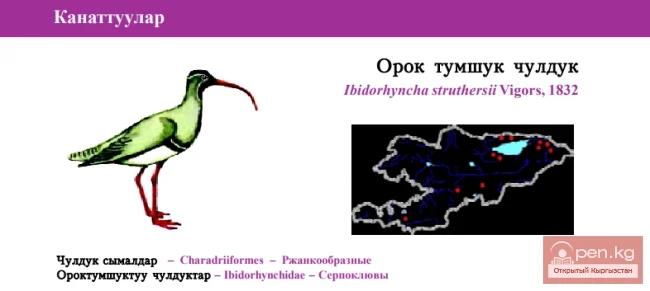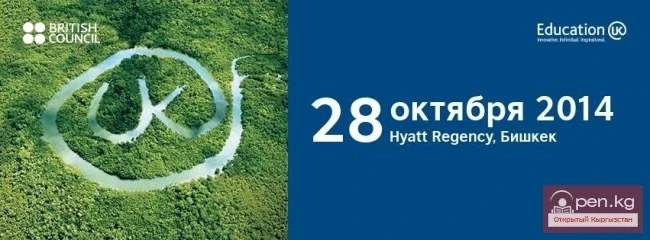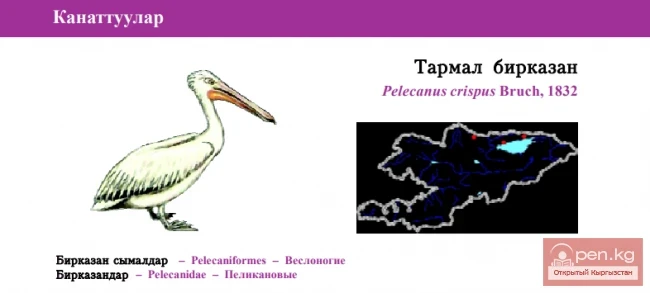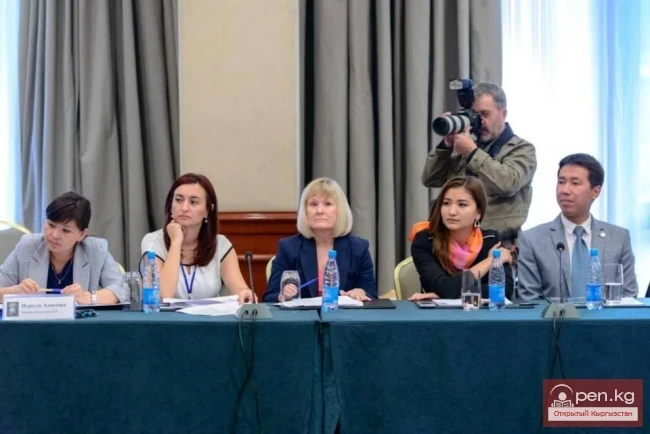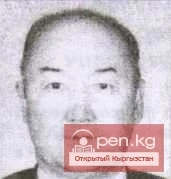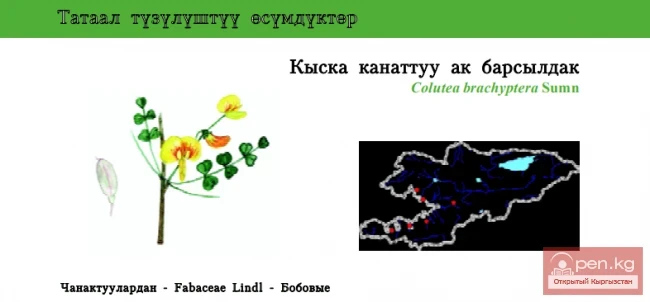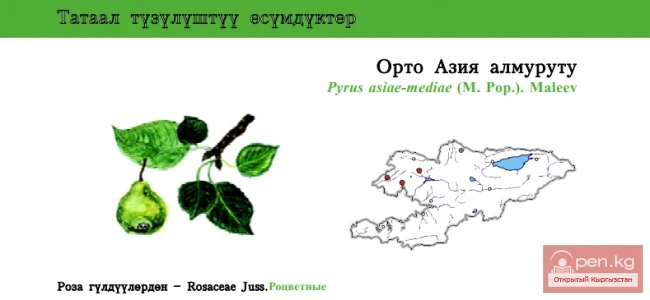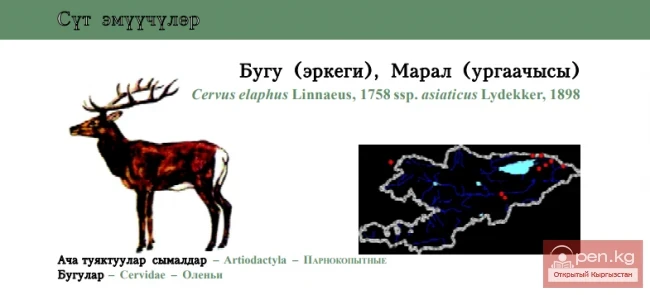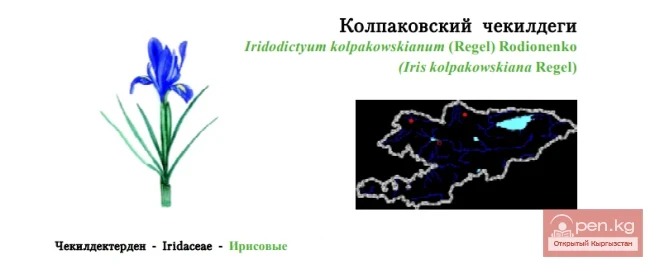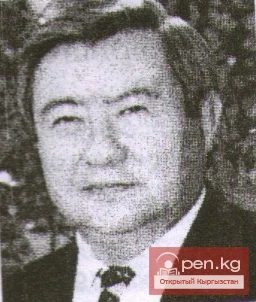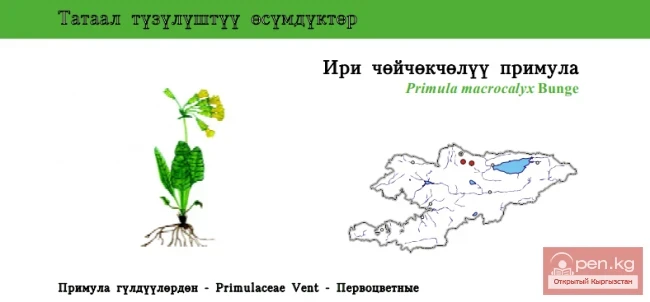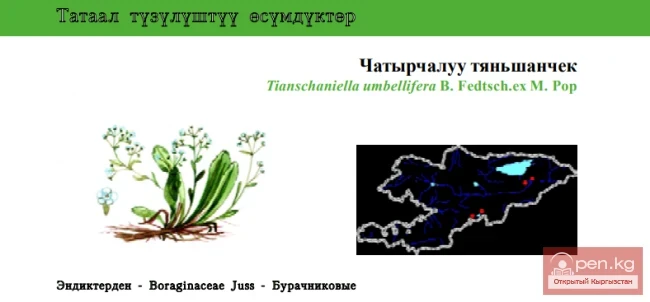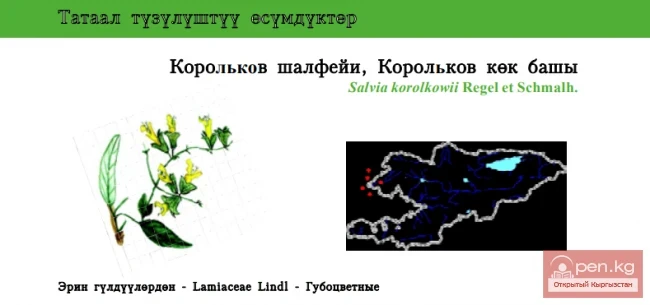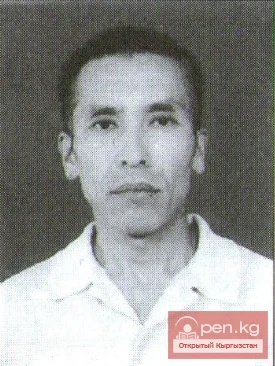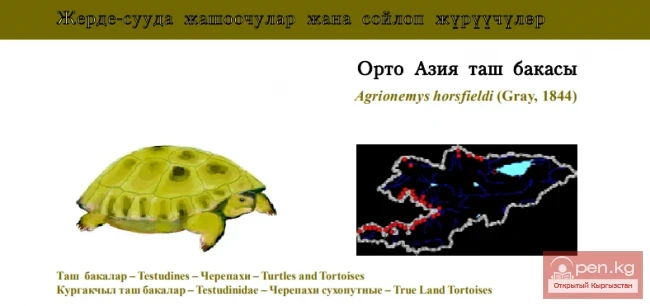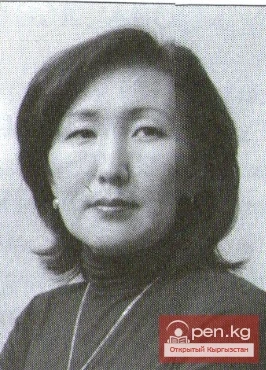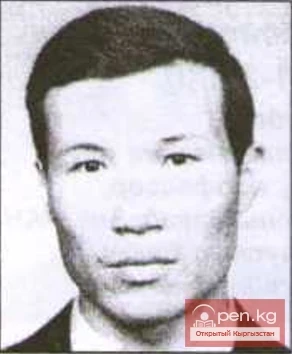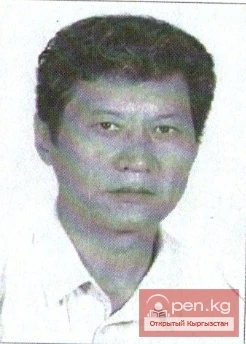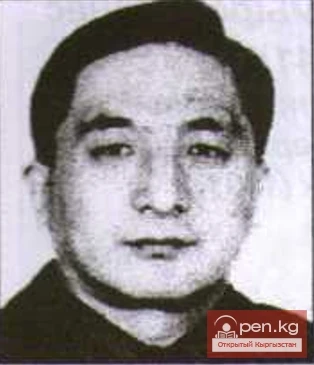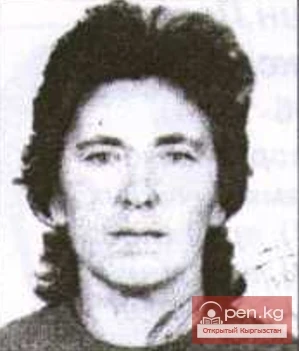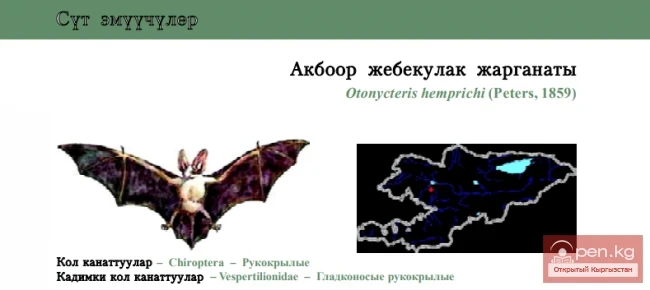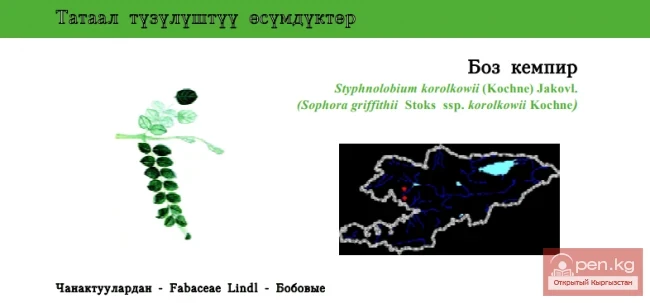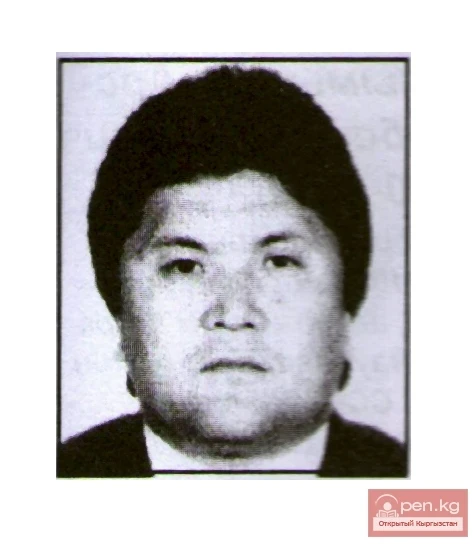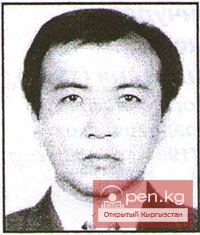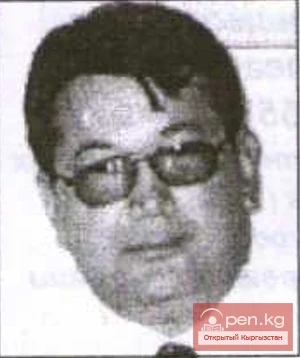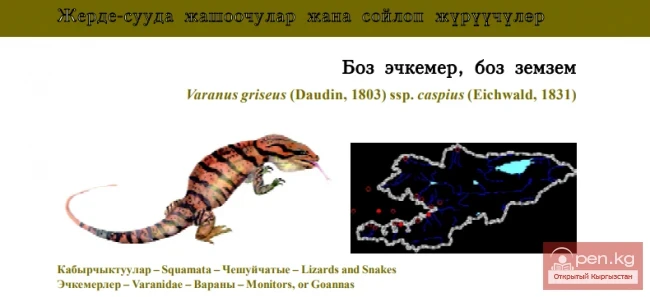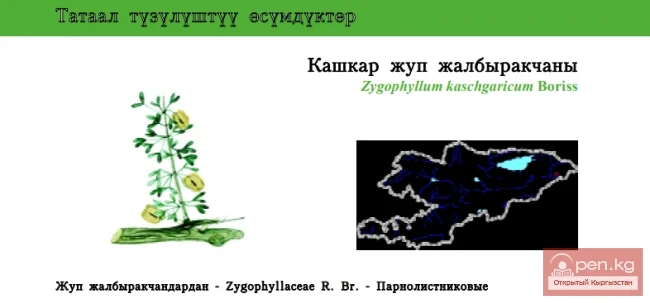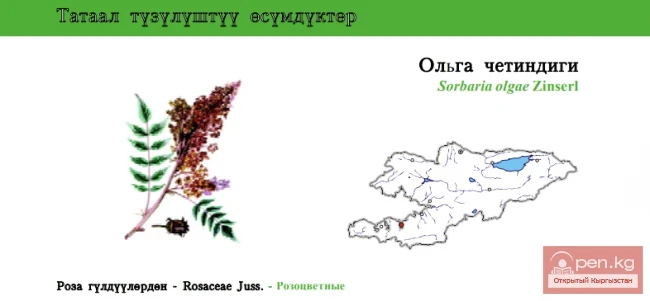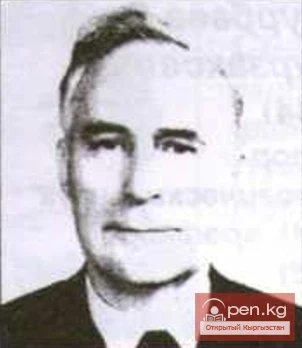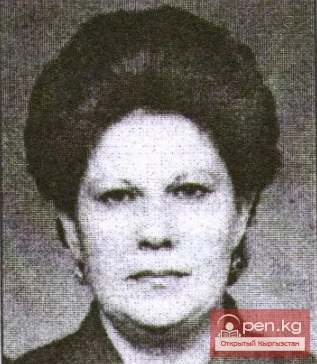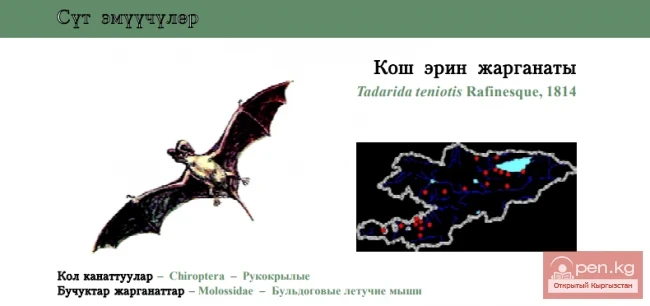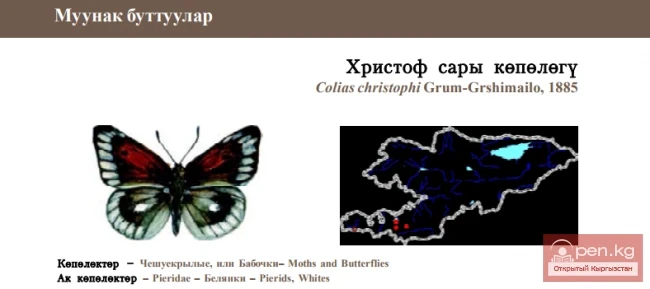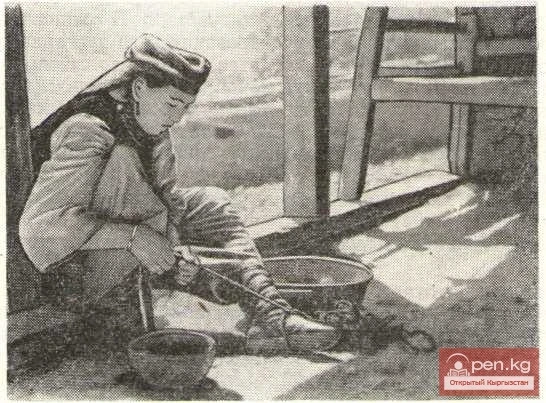FALKLAND ISLANDS (MALVINAS)
Located in the southwestern part of the Atlantic Ocean, off the coast of South America. They consist of 2 large islands — East Falkland (Soledad) and West Falkland (Gran Malvina) — and about 200 smaller islands. The area is 12,100 km². The administrative center is Port Stanley (1,600). Population - 2,900 (2005). The official language is English. Religion: the majority of the population are Protestants. The currency is the Falkland pound = 100 pence.
The islands are governed by a governor (since 2002 - G. Pierce), appointed by the Queen of the United Kingdom, who has a Legislative Council (2 members by position, 8 elected) and an Executive Council (the governor, 2 members by position, 3 elected by the Legislative Council). The constitution was adopted on June 18, 1985.
The trade union association is the General Workers' Union of the Falkland Islands, which maintains ties with the ICFTU.
The discovery of the islands dates back to 1591-92, and colonization by the French began in 1764. France transferred its rights to the islands to Spain in 1766. After Argentina gained independence, the islands came under its control. In 1833, the British took possession of the archipelago, and in 1892, it was declared a colony of Great Britain. The islands are a disputed territory between Great Britain and Argentina, to which the UN Declaration on the Granting of Independence to Colonial Countries and Peoples applies. The issue of the islands' ownership has been discussed at several sessions of the UN General Assembly, which called on the governments of both countries to resolve the issue through negotiations.
Negotiations, which continued intermittently until 1982 (since 1965), yielded no results. In April 1982, Argentina landed its troops on the islands. In response, Great Britain began military action. The armed conflict ended on June 15, 1982, with a temporary agreement to cease hostilities. On November 1, 1983, the UN Decolonization Committee approved a resolution calling on the governments of Argentina and Great Britain to resume negotiations aimed at finding a peaceful solution to the sovereignty dispute over the Falkland (Malvinas) Islands. The British government categorically rejected the possibility of negotiations regarding the islands' sovereignty.
The UN General Assembly has repeatedly urged the governments of Great Britain and Argentina to begin negotiations and resolve the dispute peacefully. In October 1989, official negotiations took place in Madrid between the delegations of Argentina and Great Britain regarding the restoration of relations between the two countries. However, due to existing agreements, the issue of sovereignty over the islands was not discussed.
According to the decisions made, Argentine ships were granted the right to enter the waters adjacent to the islands without prior notification. In February 1990, diplomatic relations between Great Britain and Argentina were fully restored.
Currently, a certain improvement in Argentine-British relations is anticipated. During the anniversary session of the UN General Assembly in 1995, the first meeting of the leaders of the two countries since the 1982 war took place. On September 27, 1995, an Argentine-British declaration on cooperation in the exploration and exploitation of oil and gas fields located in the island zone was signed. Since March 31, 1991, London has lifted the 150-mile so-called "exclusive military zone" around the Falkland Islands, taking into account the introduction of an extensive system of bilateral security measures to prevent possible military incidents in the archipelago area.
Negotiations are underway regarding the joint use and exploration of marine resources in the area of the islands.
Great Britain maintains its military presence on the islands. There is a military garrison of about 2,000 personnel, as well as military ships. A military base has been established, and a runway has been built for the reception of heavy aircraft.
The economy is based on sheep farming (over 600,000 heads), wool and meat production. Its state is almost entirely dependent on world prices for wool, hides, and meat. The main goods for the population are imported.
Tourism is developing (30,000 tourists in 2001). Exports - $82 million (2002), imports - $53 million.
The length of roads is 440 km, including 50 km of paved roads.
A cable television station operates in Port Stanley.

